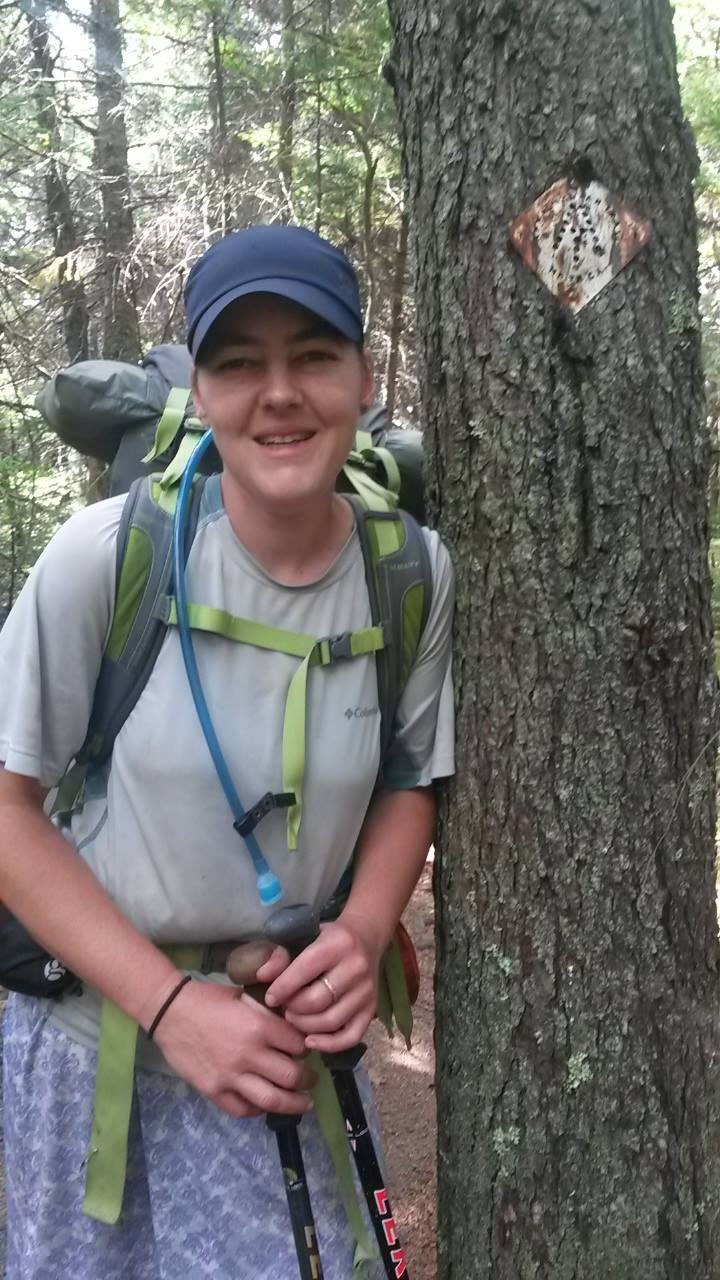Jennifer Dreibelbis is a staff scientist at Pittsburgh Wildlife & Environmental, Inc. Her responsibilities include running presence/absence surveys for federally listed bat species, conducting habitat assessments and wetland delineations, and equipment management.

Jennifer Dreibelbis
Degree earned
B.S. Wildlife and Fisheries Science, 2013
Q: What was your educational path to Penn State and to degree completion?
After being laid off during the start of the recession, I decided to change my line of work and start a career in something that interested me. Penn State's Wildlife and Fisheries Science program was exactly what I was seeking.
While working on my degree, I also enrolled in classes that I felt would further me towards my career goals. Many of the classes were not required; however, I felt they would be useful. A few of the extra classes I took were Applied GIS, Entomology, and Herbaceous Forest Plant Identification and Ecology.
Q: What additional training or education have you completed since earning your baccalaureate degree?
Since graduating I have had considerable on-the-job training in wetland delineation, endangered species habitat assessments, and ArcGIS data manipulation and map production. I have also completed a 40-hour Army Corps of Engineers Wetland Delineation Training Course.
Q: What were some of your activities as a student?
I attended a lot of extra one-day classes at Shaver's Creek Environmental Center to increase my knowledge. I was also an undergraduate teaching assistant for a vertebrate dissection class. Most of my personal free time was spent in the forest hiking, camping, and kayaking.
Q: How did you get interested in the major you selected?
I grew up hiking, camping, hunting, and fishing in the woods. I can think of no better major for someone who wants to get paid doing this kind of activity.
Q: What's your average day on the job?
My job is different from many out there. During the summer I wake up around 1 p.m. and start my day. I look at maps and aerial images to scout my site and then, depending on the tasks for the night, I leave for my site around 5 p.m. or 8 p.m. We set up our mist netting gear and start our survey at dusk. Once we are open, the survey continues for five hours. Some nights can be boring and slow. However, some nights we catch a lot of bats and the survey hours fly by! Once we hit the five-hour mark, we close and remove our nets from the site, then drive back to our hotel. When I complete my data work I go to bed so I can do it all over again tomorrow.
Q: How did you get to where you are today?
Lots of hard work and a little bit of luck…
Q: What advice do you give someone looking to get a job with a degree in Wildlife and Fisheries Science?
Follow your passions. Make decisions that are right for YOU and everything will fall into place.
Q: What do you like most about your job?
I get paid to be in the woods all night in some really amazing places.
Q: What advice do you have for current students?
Take some extra classes that are not required for the major. Employers like to hire people who have a wide range of knowledge. Subjects like entomology, applied GPS and GIS usage, and watershed analysis can be pivotal in forwarding you on your career path.

